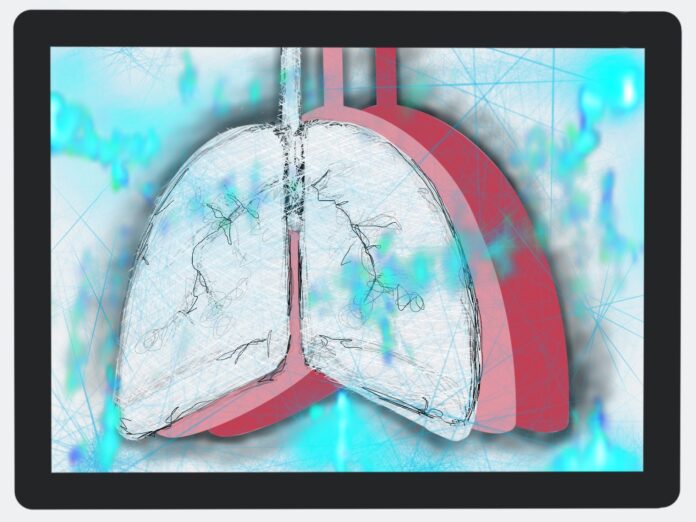Researchers at the University of Waterloo have developed artificial intelligence (AI) technology to help doctors determine the severity of COVID-19 cases.
The initiative, named COVID-Net, has become a world-wide tool for institutions and doctors to better treat COVID cases. It was launched by the Vision and Image Processing research group in conjunction with startup company DarwinAI.
“[We have] launched a new initiative called COVID-Net, which is an open-source, open-access, global initiative,” said systems design engineering professor Alexander Wong, co-director of the Vision and Image Processing lab and co-founder of DarwinAI. “The goal is to accelerate the development and deployment of AI to help doctors in the clinical decisions support process for COVID-19 ranging from initial screening all the way to risk assessment, triaging, as well as patient treatment planning and resource allocation.”
The clinical AI can be used to determine the severity of COVID-19 cases by analyzing the opacity of patient chest x-rays. If the lungs are more opaque, this indicates a more severe case of the infection. The AI’s diagnosis has been found to be in good alignment with assessments from expert radiologists.
At the start of the pandemic, CT scanning was being used to assess the severity of the infection. However, it quickly became clear that this technique was not practical due to the unavailability of the large, expensive machine in many countries. It was also problematic since patients that needed to be isolated weren’t able to travel to the machine. Using x-rays instead provides a much better solution, since the device is mobile and easily cleaned between patients.
However, as Wong explained, the lack of qualified radiologists to analyze the x-ray photos is the real issue, which is where AI can help.
“It is quite difficult for a non-expert radiologist, for example a standard nurse practitioner or an ER doctor, to be able to look at chest x-rays and identify the nuances of COVID-19 since they are not trained as radiologists. This is where AI can really come in and aid them in making better decisions,” said Wong.
When AI is used in clinical situations, it is essential that doctors are able to trace the AI’s thought process for accountability, a trait not common to all AI models. This allows health practitioners to make informed decisions and trust and collaborate with the AI.
“The goal of DarwinAI is to accelerate the development and deployment of real-world trustworthy AI solutions,” Wong said.
Assessing the severity of a COVID-19 patient is essential to determine the best course of treatment, whether or not they have to be hospitalized, given oxygen, or put on a ventilator. These decisions can immensely affect the health of the patient, which is why technological solutions that can help doctors around the world make these decisions are of high importance.
“The COVID-Net initiative has spread around the world,” said Wong. “Hundreds to thousands of different institutes are leveraging our research.”
Wong also said he wants UW students to know that he and his lab are always looking for new students to join their efforts on initiatives, such as this one. Feel free to contact him at a28wong@uwaterloo.ca if you are motivated to participate in innovative research.
































